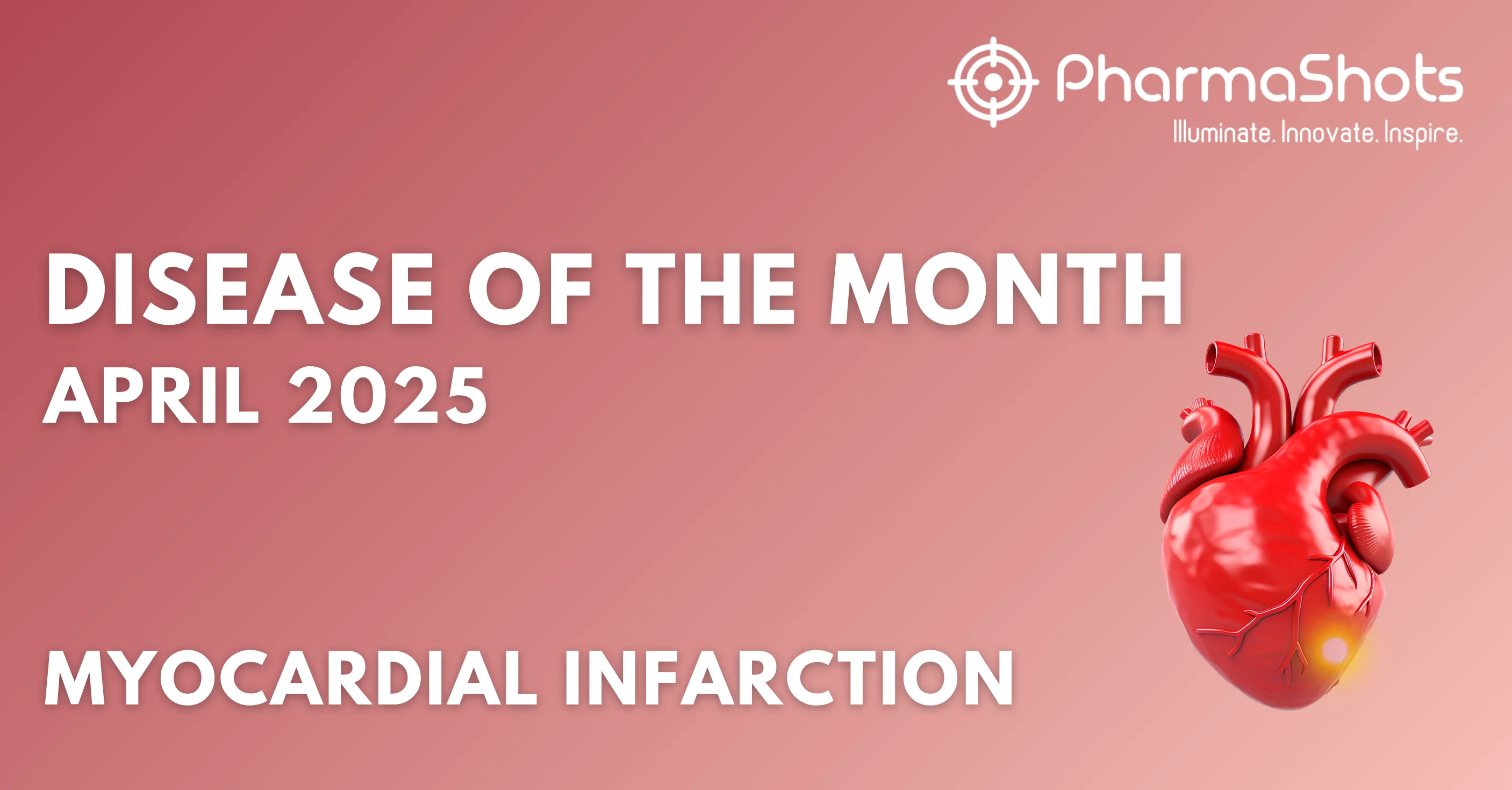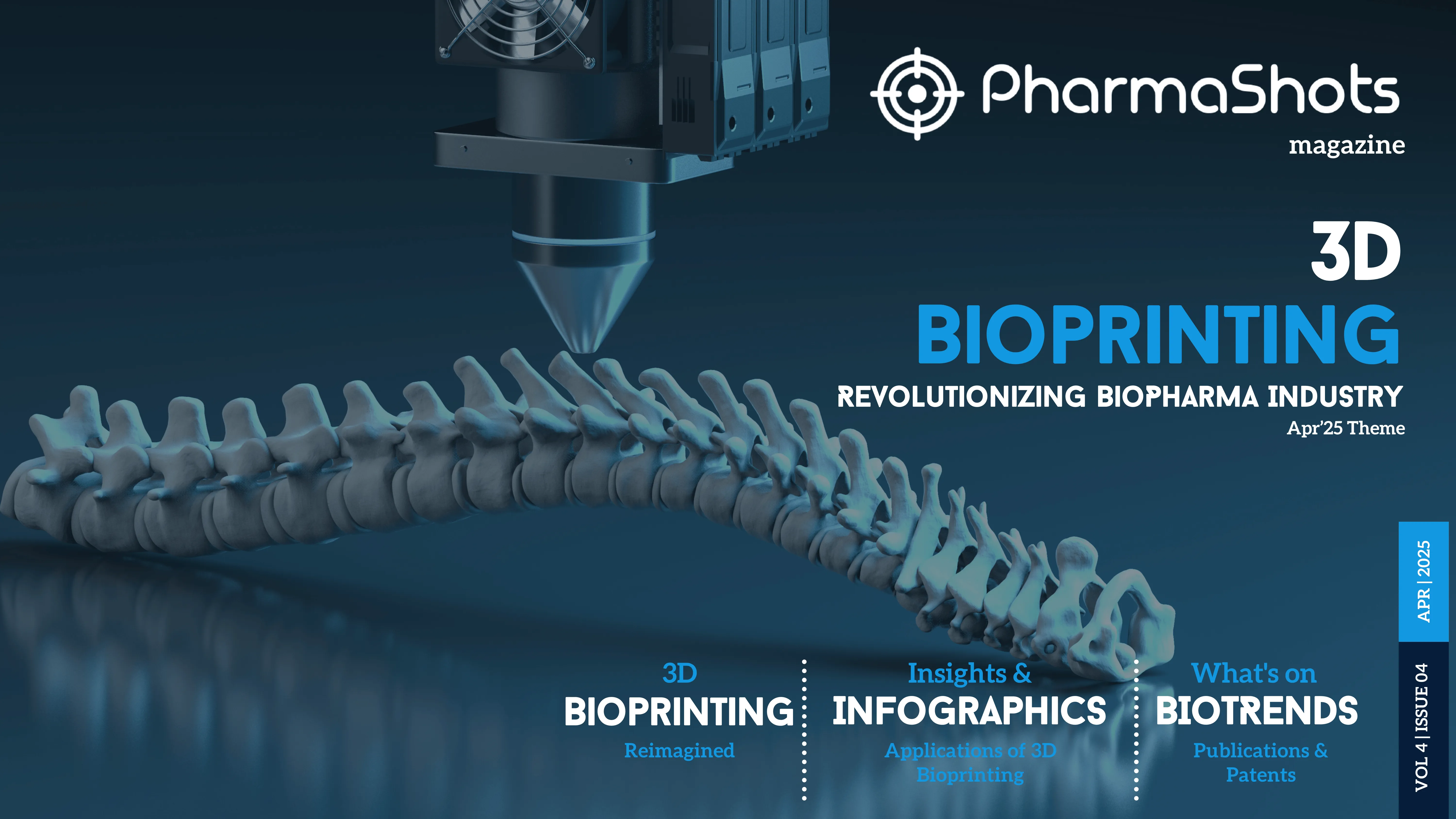
Revolutionizing Cold Chain Logistics: Scalable and Sustainable Ultra-Low Temperature Freezer Solutions
The pharmaceutical and biotech industries are undergoing rapid transformation, with new therapies, biologics, and vaccines driving an increasing demand for reliable ultra-low temperature storage solutions. From large-scale vaccine rollouts to personalized medicine, temperature-sensitive products are at the heart of innovation in life sciences—making dependable cold storage infrastructure not just a necessity, but a strategic asset.
In this evolving landscape, traditional storage solutions are struggling to keep pace. Challenges such as energy inefficiency, lack of flexibility, and limited scalability are pushing companies to seek smarter alternatives that align with both their operational goals and environmental commitments. In response, the industry is embracing next-generation modular freezer systems that offer not only technical excellence but also sustainability, flexibility, and speed.
Meeting the Demands of Modern Biotech and Pharma
Pharmaceutical products often require strict adherence to Good Manufacturing Practices (GMP) and precise storage conditions, particularly those sensitive to temperature fluctuations. This has led to a shift toward modular ultra-low temperature freezer systems that provide exact temperature control down to -80°C (-112°F), ensuring product integrity across every stage of the supply chain.
Beyond performance, modern storage systems are increasingly expected to offer short lead times, user-friendly interfaces, and adaptable configurations. These features are critical in an industry where timelines are tight and regulations are non-negotiable. Flexibility is also key. Scalable solutions that can grow alongside operational needs allow pharmaceutical companies and CDMOs to remain agile in a competitive market.
Sustainability in Cold Storage: More Than a Trend
Sustainability is no longer a buzzword—it’s a benchmark. As environmental regulations tighten and corporate responsibility takes center stage, energy efficiency in cold storage systems has become a primary consideration. Advanced solutions now offer significant reductions in energy consumption and carbon emissions, with some achieving up to 66% lower CO2 output compared to conventional systems.
This is achieved through low-energy cooling technologies, intelligent redundancy systems, and compact designs that reduce the footprint without compromising performance. For companies seeking to align with the UN Sustainable Development Goals, investing in sustainable cold storage is a clear and measurable step forward.
Safety, Compliance, and Operational Continuity
Safety and compliance remain at the core of any pharmaceutical infrastructure. Modern freezer systems come equipped with fire ratings such as FR60, full redundancy for uninterrupted operation, and GMP-compliant documentation that simplifies audits and quality control processes. These systems are not only service- and maintenance-friendly but are also engineered with high personal safety standards, minimizing risks during operation and handling.
Whether it’s for storing clinical trial materials, active pharmaceutical ingredients, or finished products, ultra-low temperature systems must perform flawlessly under pressure. That’s why many industry leaders are adopting technologies that combine smart monitoring with robust engineering—ensuring peace of mind, 24/7.
The Role of Modular Freezer Systems in Cold Chain Optimization
With globalization and the rise of biologics, the importance of a reliable cold storage warehouse cannot be overstated. These facilities are the backbone of cold chain logistics, acting as hubs for preservation, distribution, and compliance. Modular freezer units, which can be customized and rapidly deployed, offer a strategic advantage by supporting both central warehousing and decentralized storage models.
Companies operating globally require solutions that are not only technically reliable but also quick to implement. Modern systems are designed with short lead times and adaptability in mind, allowing organizations to scale efficiently in response to demand—without sacrificing sustainability or safety.
Looking Ahead: A Smarter, Greener Future for Cold Storage
The cold chain of tomorrow is not just colder—it’s smarter, safer, and more sustainable. As biotech and pharmaceutical companies continue to push the boundaries of innovation, the infrastructure supporting these advancements must evolve in parallel. Investing in state-of-the-art ultra-low temperature freezer solutions is a critical move toward operational resilience and environmental responsibility.
Whether building new facilities or upgrading existing infrastructure, decision-makers should prioritize systems that combine technical precision with energy efficiency and regulatory compliance. In doing so, they’ll be positioning their organizations at the forefront of a rapidly evolving industry—ready to meet the challenges of today and the innovations of tomorrow.
Related Post: Role of Digital Twin Technology in Healthcare
Tags

Evans James is a guest writer at PharmaShots. He has a flair for writing engaging content and loves to explore new places.














